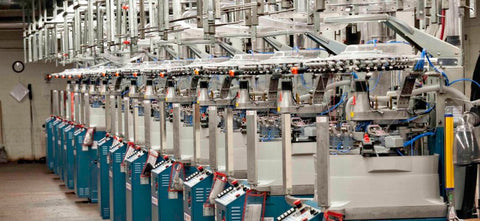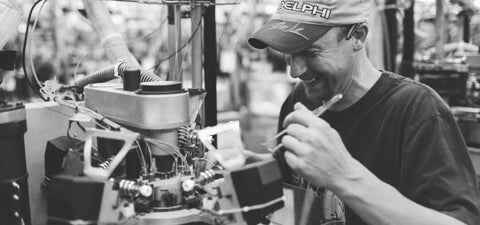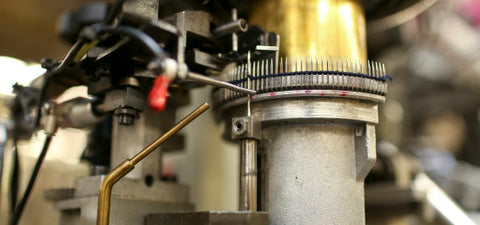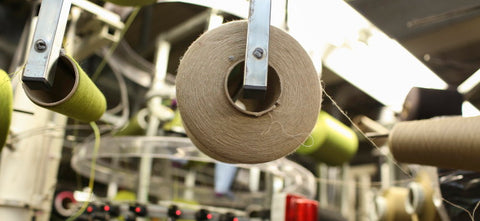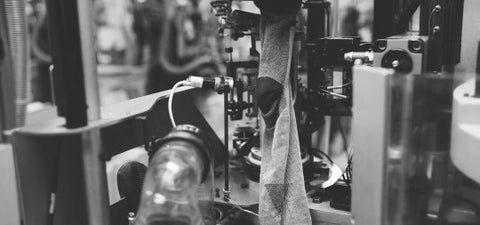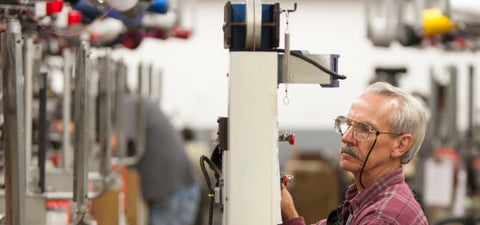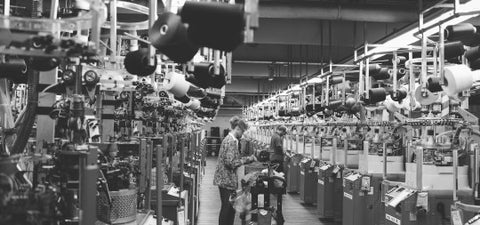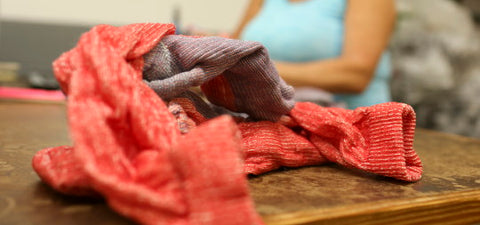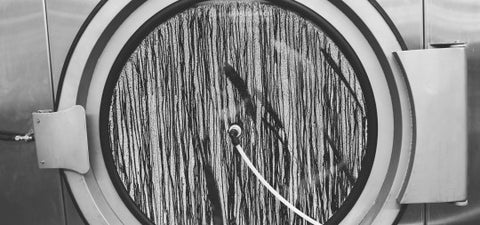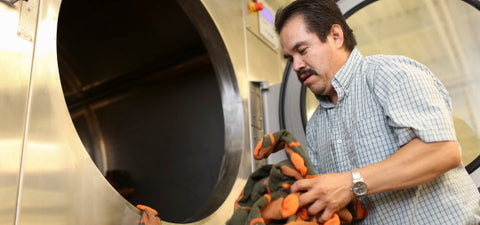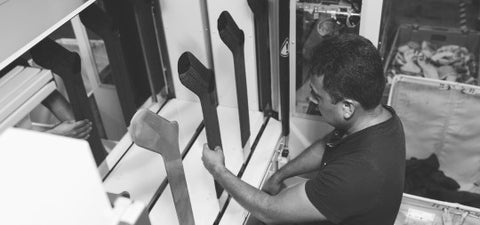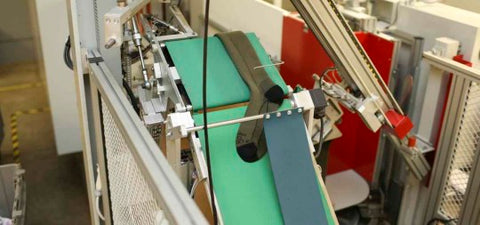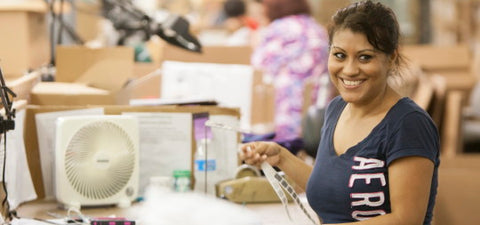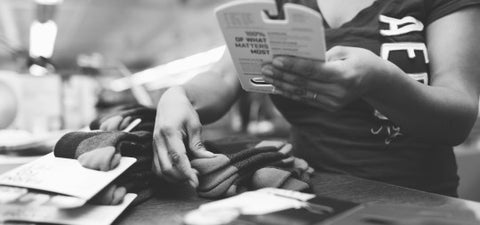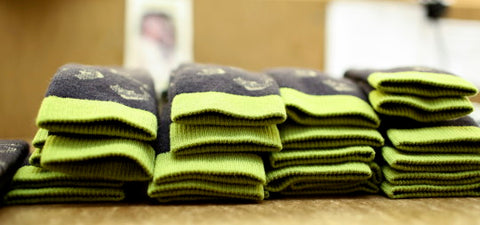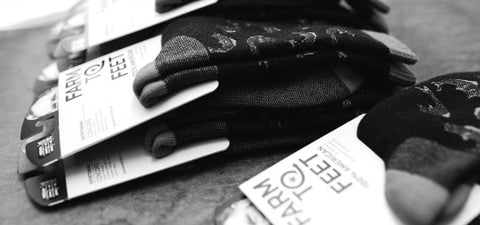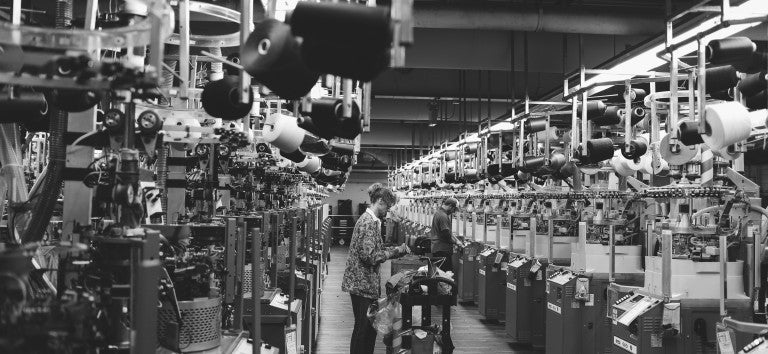At North Carolina’s Nester Hosiery, a family-owned business since 1993, people and socks come first.
—-
Nester Hosiery’s tagline is this: “We make socks for the world’s toughest critics.”
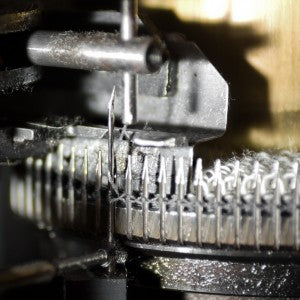
It’s true. These aren’t your run-of-the-mill socks. They’re made with high-quality yarns, they’re knit on the most modern equipment, and they have innovative designs to maximize comfort, functionality, and durability.
But behind the socks—which they produce for many outdoor industry brands, including Farm to Feet—there is a real American success story of a local, family-run business that survived even while other companies around them shuttered.
After 20 years of working in the sock manufacturing business, Marty Nester opened Nester Hosiery in 1993 with 25 employees. They started by making cotton crew socks on new belt-driven machines in a former grocery facility in Dobson, North Carolina. Within a few years, they switched their focus to wool and began making high-performance wool socks for various outdoor industry brands, like Woolrich, Cabelas, REI, and others.
It is a family business, through and through. Marty remains the CEO, while his nephew Kelly is the company president. Kelly’s brothers, Keith and Kerry, are also executive vice presidents over operations and sales, respectively. Marty’s son, Dusty, has followed his father into the business as well, managing all yarn purchases and directing manufacturing operations.
In the ’90s and 2000s, the textile industry in the U.S. was a dying breed, and more and more plants closed their doors due to competition from cheaper off shore labor and factories. But not Nester Hosiery—thanks to smart planning and high-quality products, the business continued to expand.
In 2002, Nester Hosiery outgrew their facility and upgraded to a larger plant formerly used by Brown Wooten Mills in Mount Airy, North Carolina, a former textile hub in the South. In 2004, they grew again and purchased the Ballston Knitting Plant, which was 250 percent larger than their existing space.
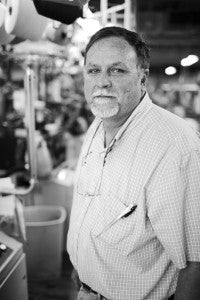
Today, Nester Hosiery has 195 employees, making it one of the larger employers in their region. “Made in America to me means that we have created jobs for people,” says Ken Shumate, a product developer at Nester Hosiery who was one of the brand’s original employees in 1993. “Made in America also means good quality and a local product that speaks for itself.”
Ken went to high school with company founder Marty Nester. “Everyone’s family here,” says Ken, who’s a competitive fisherman in his spare time. Ken has worked in hosiery since 1974. He started as a stock person working at night and he climbed his way up to knitter, then knitting mechanic. Now, he’s a key player in the development of socks. He works directly with product developers to construct new sock styles in computer software and then oversees programming the knitting machines to create the new designs.
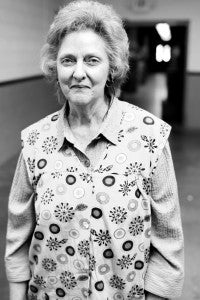
Carolyn Weddle is part of the figurative Nester family, too. She’s been a finisher at Nester Hosiery for eight years now, meaning she inspects, pairs, and packages the socks before they head out the door. Carolyn is a woman of routine: Every morning, she puts her left sock on first.
When you ask Carolyn about products made in America, she gets choked up. It makes her think of her dad, a World War II veteran who’s 94 now and carves and sells his own wooden string instruments despite the fact that he’s losing his hearing.
“There’s no place like America, no place in the world,” Carolyn says. “My daddy was in WWII. He had to fly to other places and I hear him talk about the way people live in those places. In America, we’re free. We have a freedom that nobody else has.”
